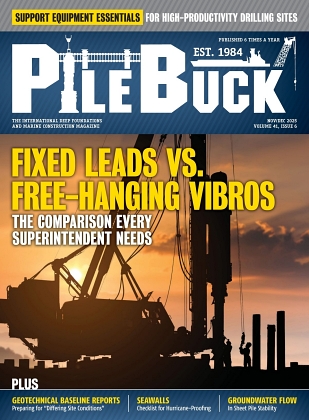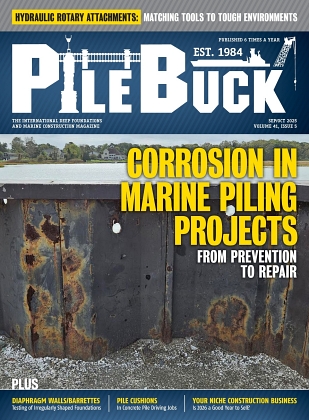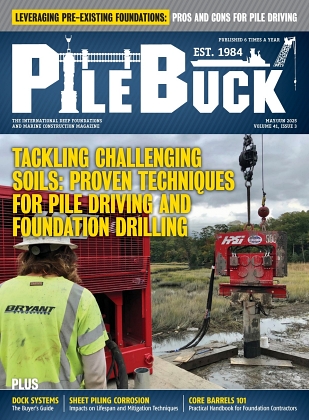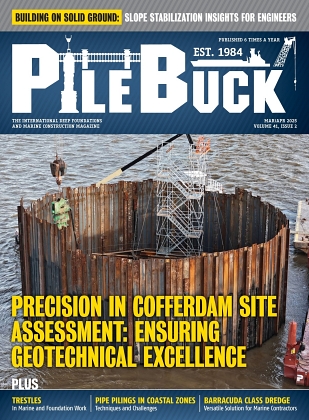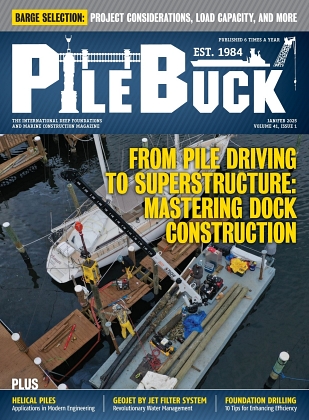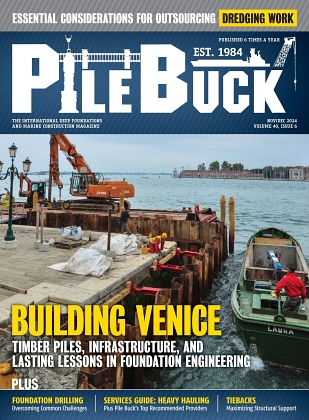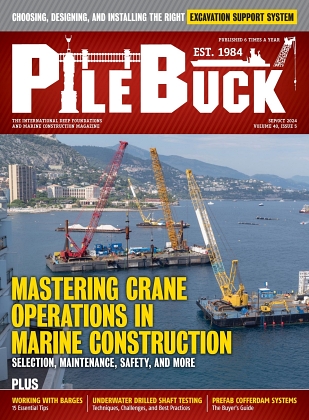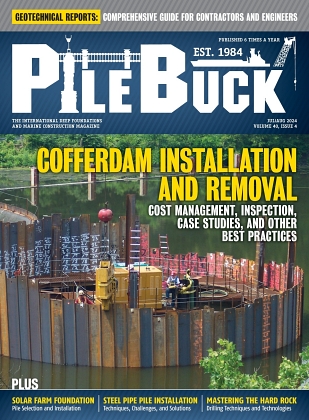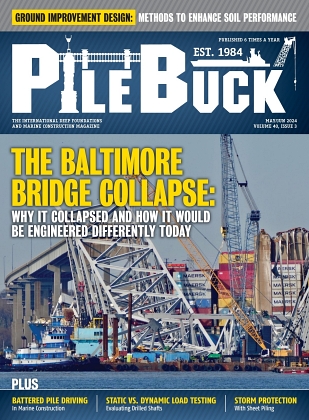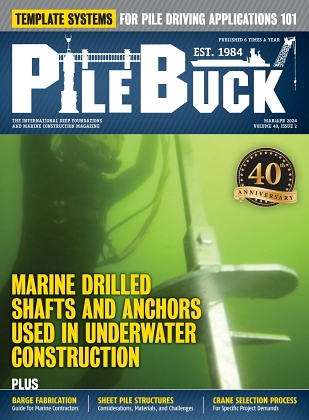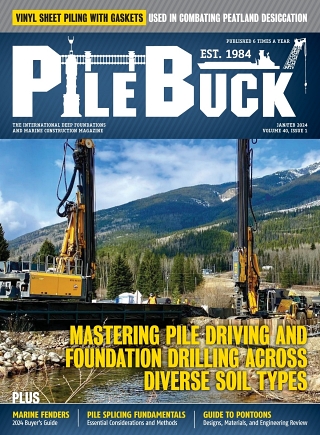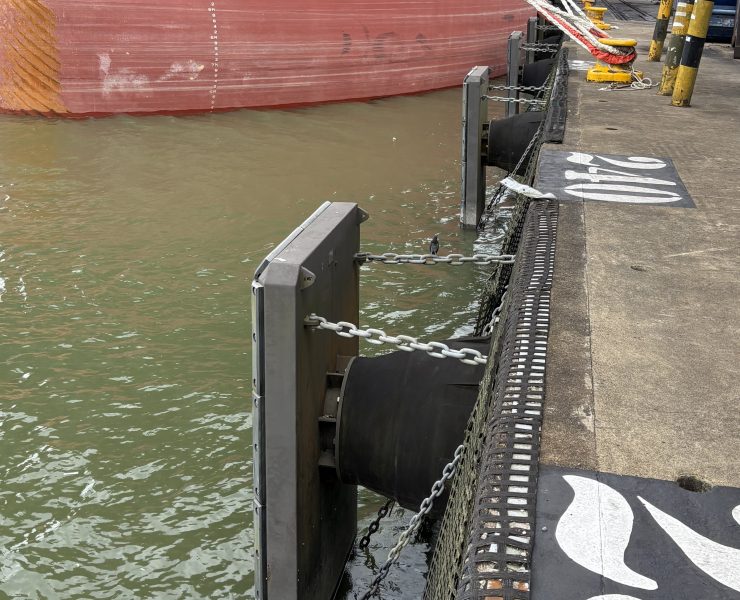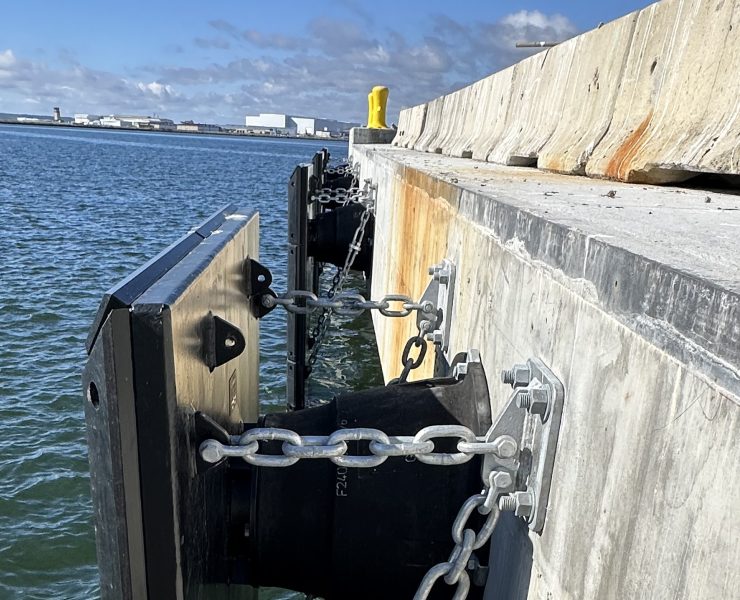Remediation Work on Herbert Hoover Dike
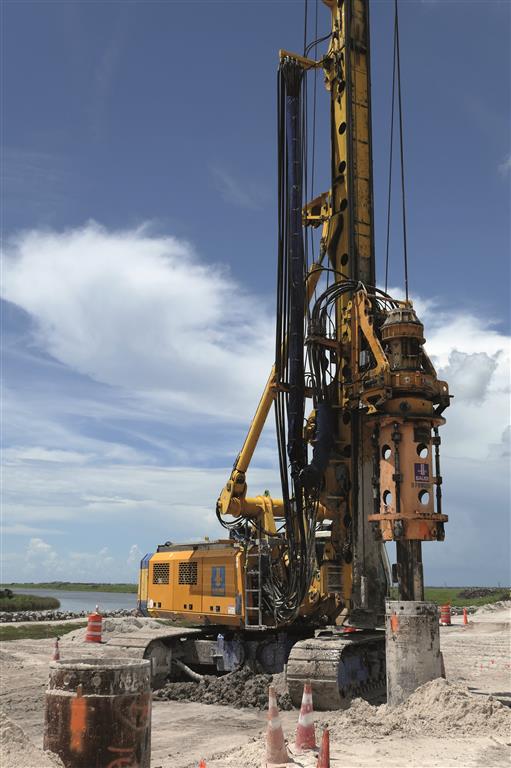
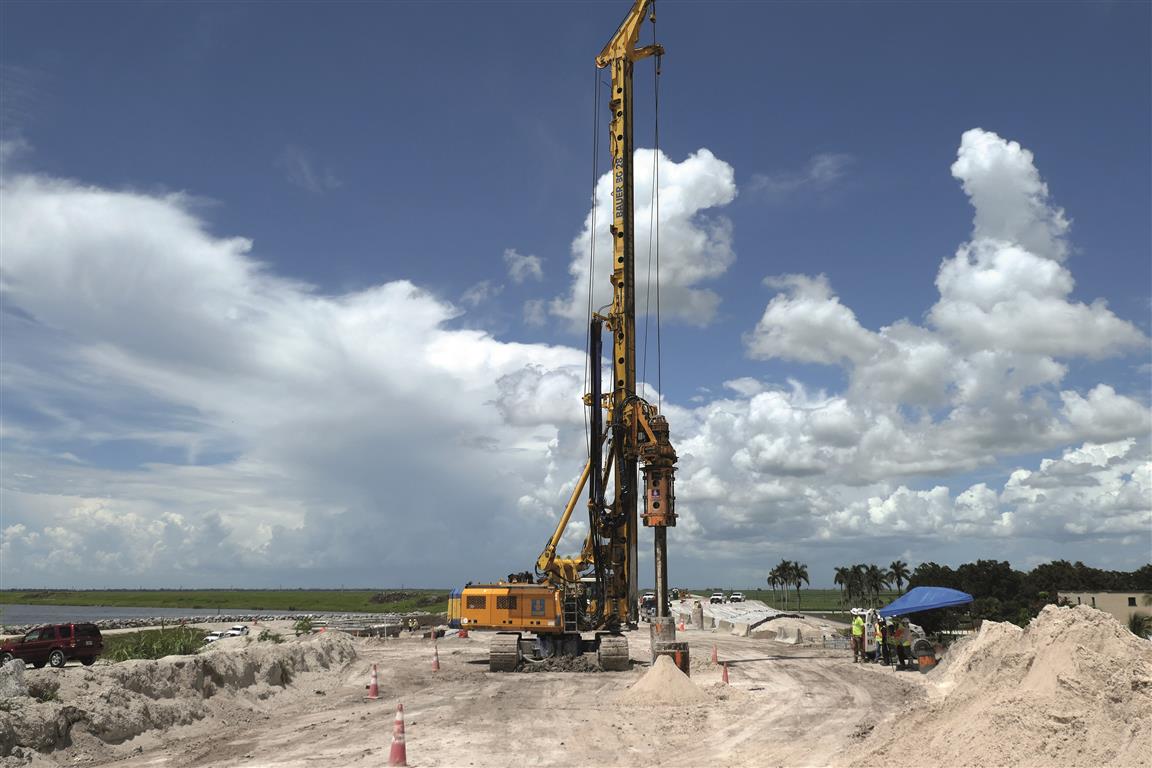
With a total area of 1,890 km2, Lake Okeechobee is the largest freshwater lake in the state of Florida, USA. Although it extends around 56 km in length and 48 km in width, the lake is exceptionally shallow with an average depth of 3 m and, furthermore, it has no major natural drainage channels. As protection from storm urges and floods due to high water levels, the existing dike was first expanded in the 1920s; this included the construction of additional channels, locks and dams. After a visit by the then President Herbert Hoover, the project was named after him: Herbert Hoover Dike.
Since 2007, the U.S. Army Corps of Engineers (USACE), a major army command, has been coordinating the rehabilitation of the 225 km long dike around Lake Okeechobee. As part of this project, BAUER Foundation Corp., the US-American subsidiary of BAUER Spezialtiefbau GmbH, was commissioned to construct the Cutter-Soil-Mixing cut-off walls for the remediation of the first subsections of the dike in the period from 2007 to 2013. The partnership was a success, and Bauer was consequently awarded additional subcontracts for the years 2011 until 2021, including contracts for the repair works on different channels.

The sub-project “Culvert 12 for Thalle Construction” was being realized using a BAUER BG 28 drilling rig and the Cutter-Soil-Mixing (CSM) method, wherein characteristics of diaphragm wall cutter technology and those of the Mixed-in-Place method were combined. Owing to the densely layered soil, pre-drilling was done first so that soil mixing could subsequently be carried out with the help of a modified, high-performance trench cutter.
In February 2016, phase 1 of the project was completed – pre-drilling was, however, not required because the dense peat layer could be removed beforehand. Overall, in the first phase, 12 CSM panels were constructed up to a depth of 11 m. The work on phase 2, in which 214 pre-bores up to a depth of 22 m and 83 CSM panels were implemented, lasted from June to the end of August 2018. The testing phase is expected to be completed at the end of September.

